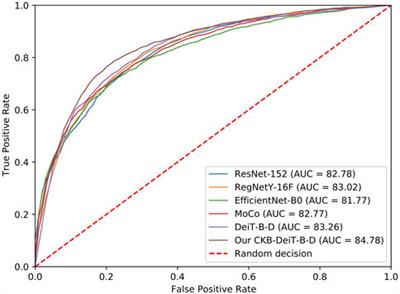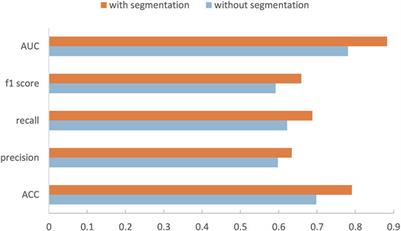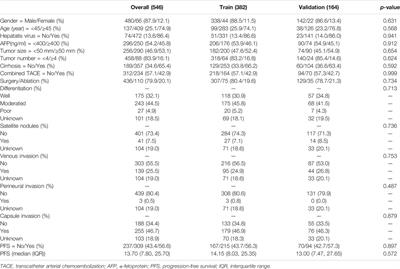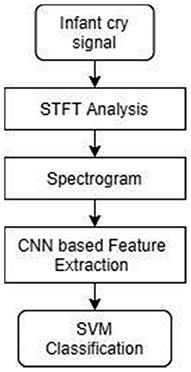EDITORIAL
Published on 09 May 2022
Editorial: Machine Learning Used in Biomedical Computing and Intelligence Healthcare, Volume II
doi 10.3389/fgene.2022.850667
- 668 views
- 1 citation
13k
Total downloads
50k
Total views and downloads
Select the journal/section where you want your idea to be submitted:
EDITORIAL
Published on 09 May 2022
ORIGINAL RESEARCH
Published on 28 Feb 2022

ORIGINAL RESEARCH
Published on 24 Jan 2022

ORIGINAL RESEARCH
Published on 18 Jan 2022

ORIGINAL RESEARCH
Published on 20 Dec 2021

ORIGINAL RESEARCH
Published on 08 Dec 2021

ORIGINAL RESEARCH
Published on 25 Oct 2021

ORIGINAL RESEARCH
Published on 10 Sep 2021

ORIGINAL RESEARCH
Published on 31 Aug 2021

ORIGINAL RESEARCH
Published on 17 Aug 2021

ORIGINAL RESEARCH
Published on 10 Jun 2021


Frontiers in Bioengineering and Biotechnology
Frontiers in Public Health